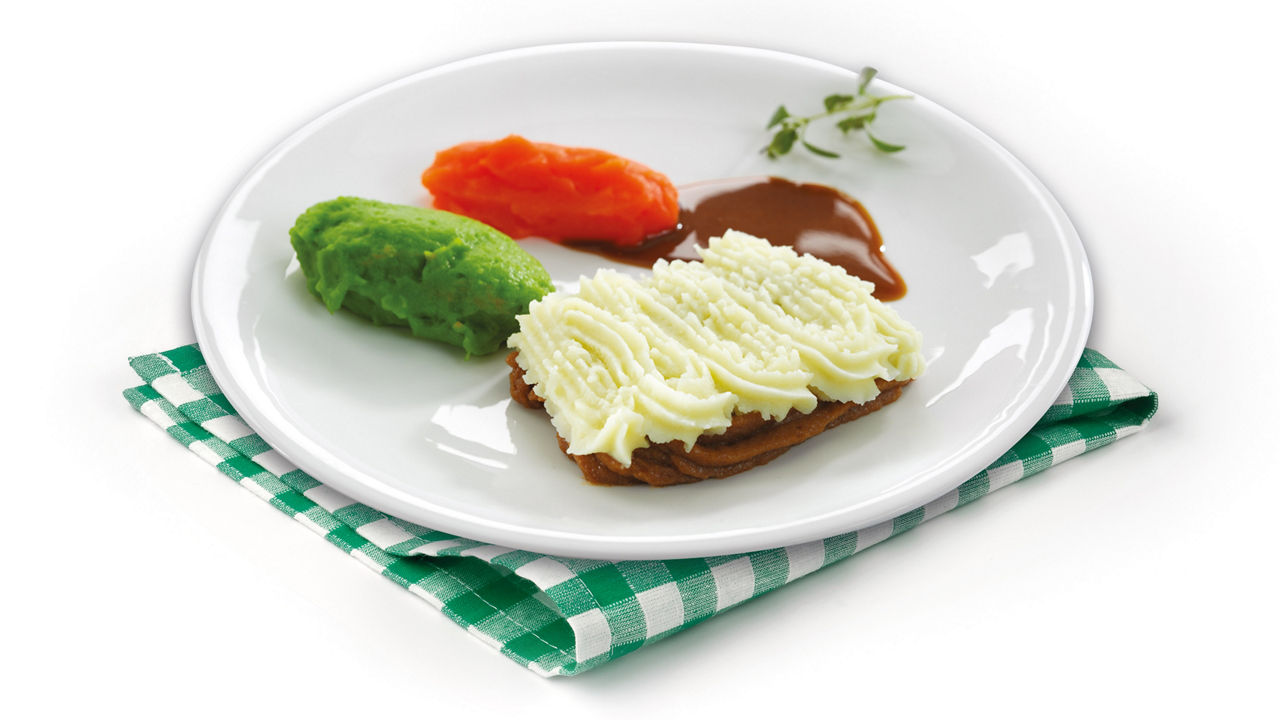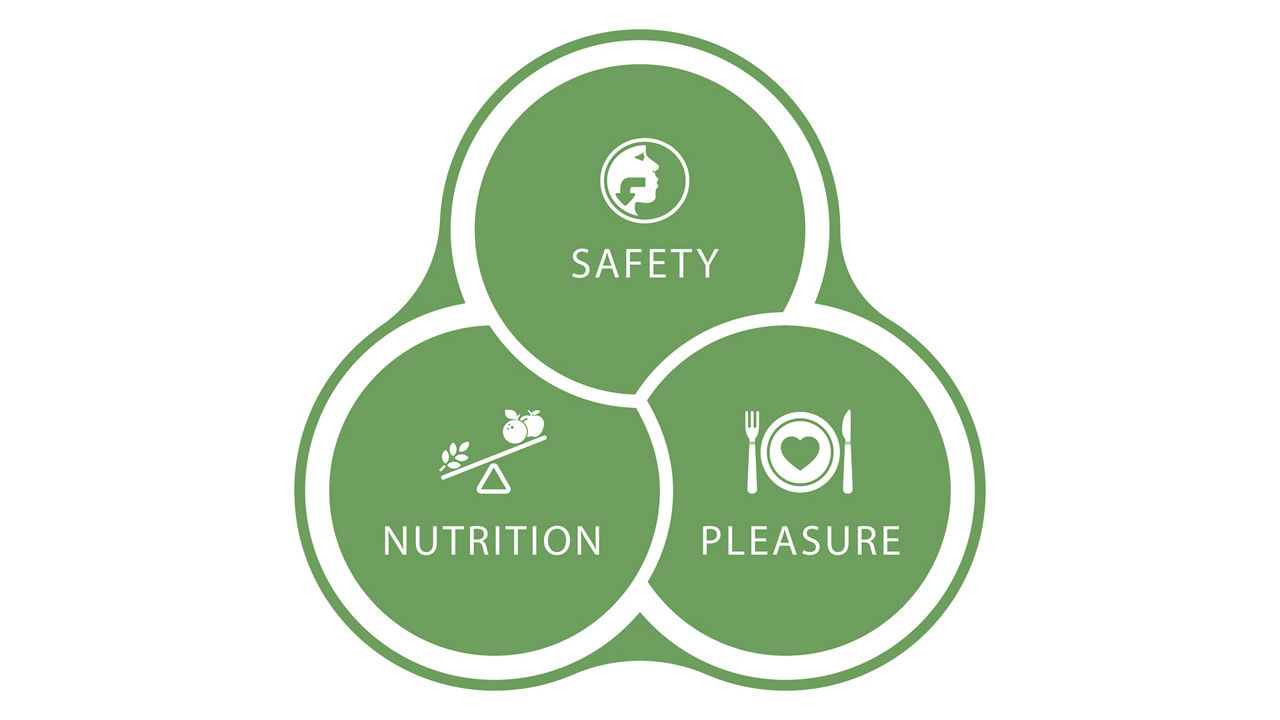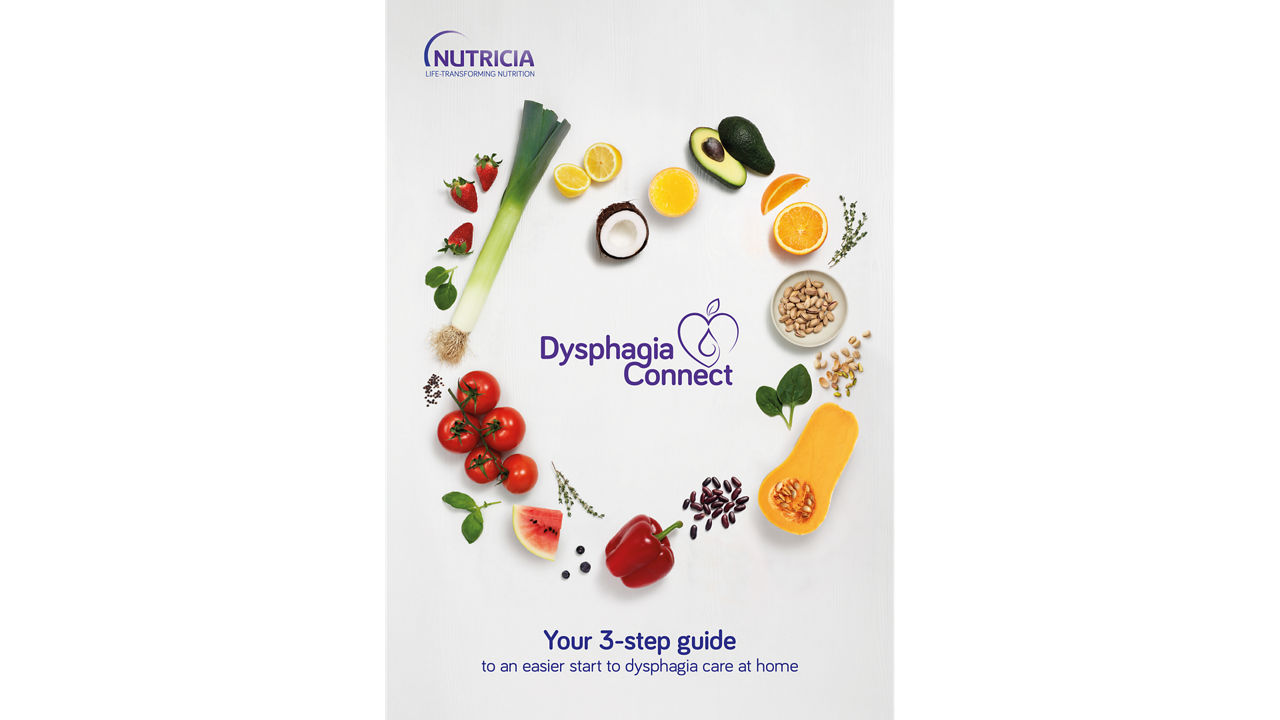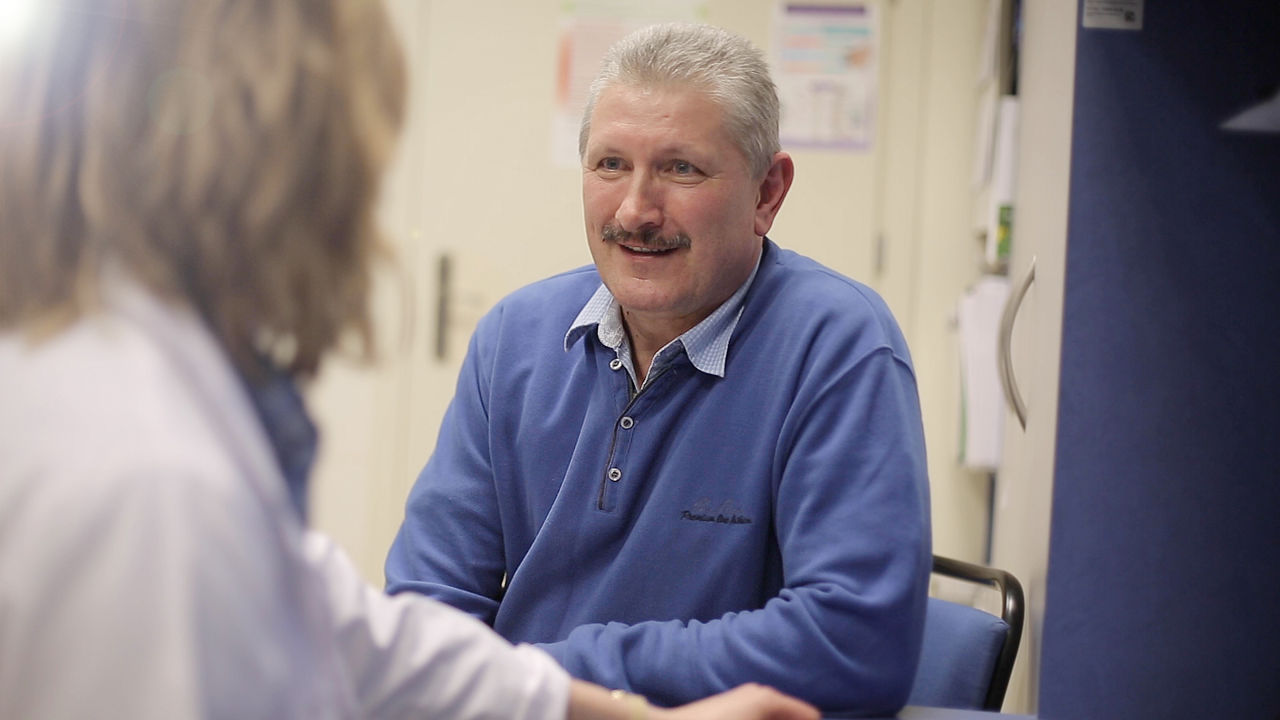What is the Dysphagia Act?
Experts from across Europe met at the first Chefs’ Council meeting in Barcelona in 2017 and have since worked together to develop recipes to inspire and inform chefs and carers involved in preparing dysphagia meals, whether in hospitals and institutions, or at home. They have also jointly developed, and pledged to implement, the guiding principles of the Dysphagia Act.
It is the fundamental belief of the Chef’s Council that patients with dysphagia deserve to enjoy mealtimes, so their quality of life can be maintained as much as possible. No matter whether they are in hospital, a care facility or at home, tasty, nutritious food has the power to transform patient lives. This conviction is central to the work of the Chefs’ Council and the development of the Dysphagia Act – a collective movement towards providing better food for patients – contributing to encouraging healthier eating and drinking habits.






